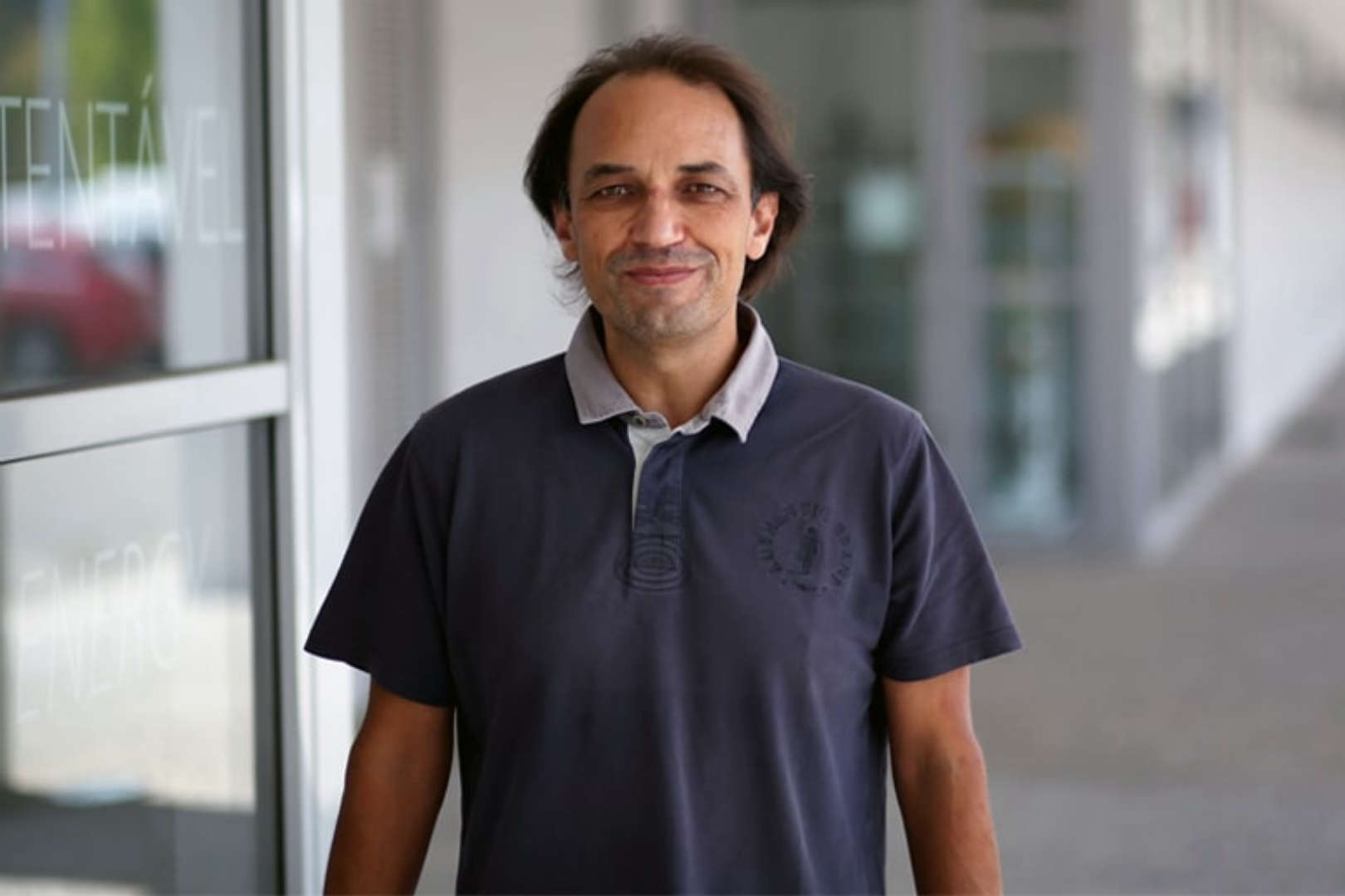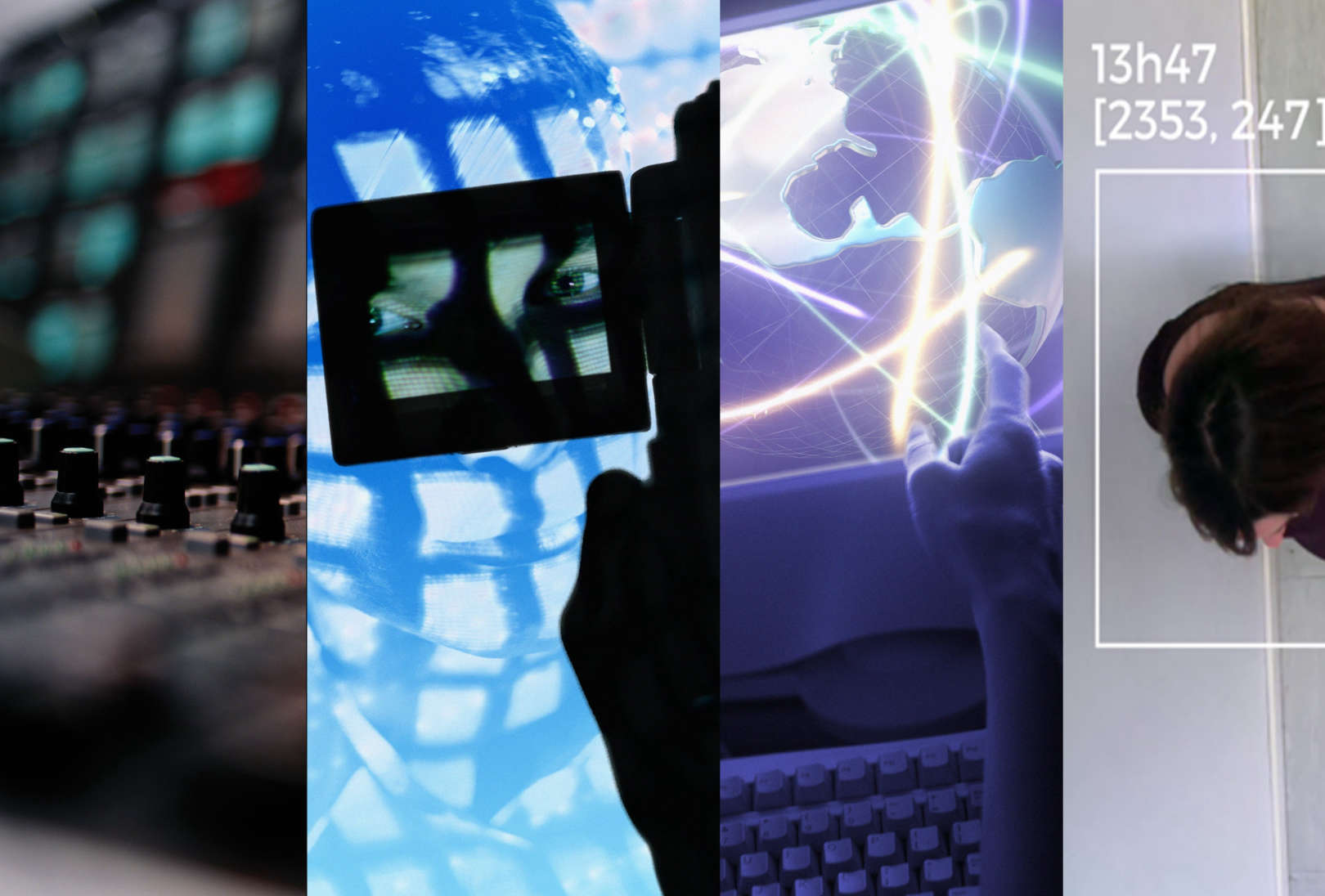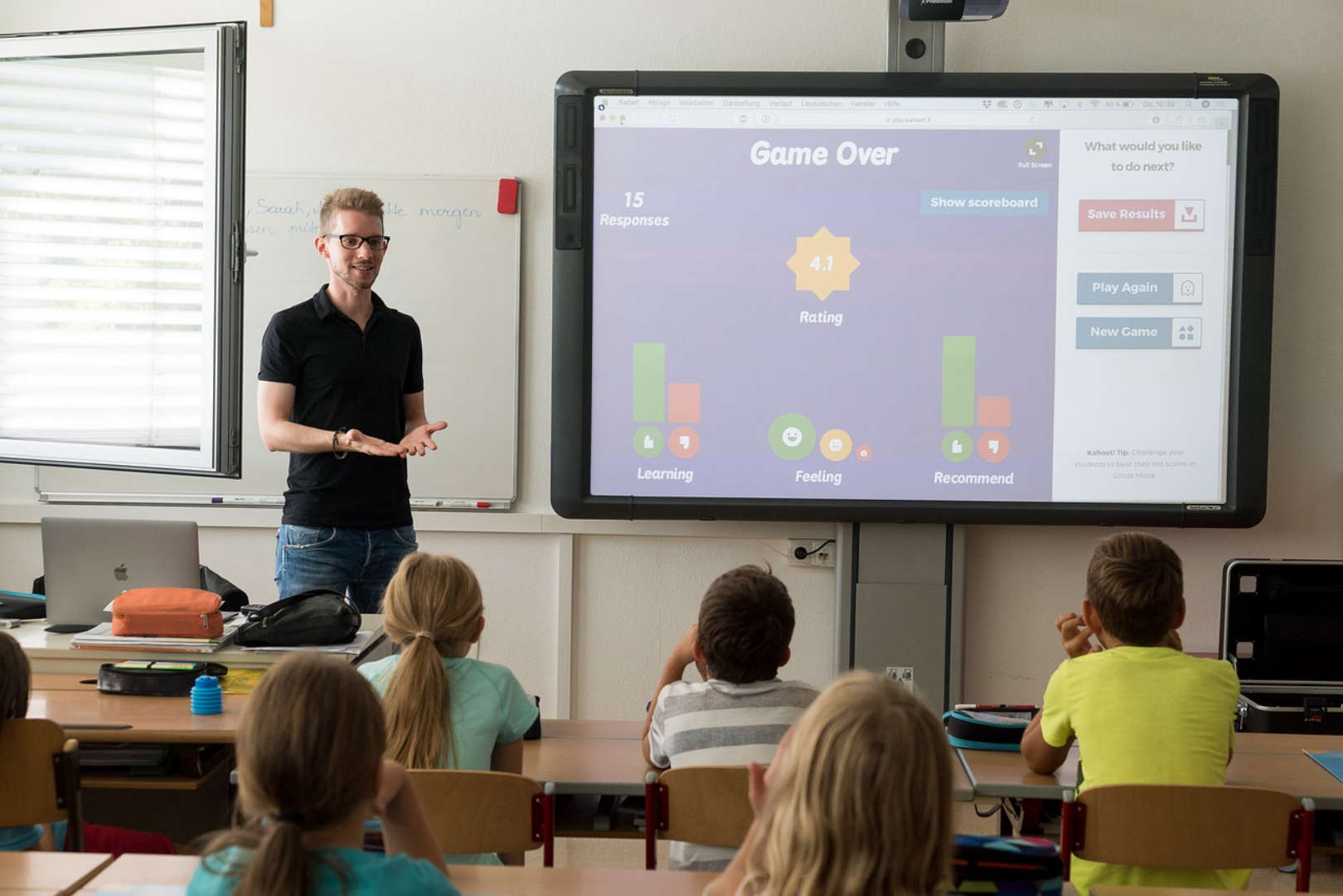Sobre
Leonel Morgado é Professor Catedrático da Universidade Aberta, onde leciona nos cursos da secção de informática, nas áreas de métodos de investigação e programação e Investigador Sénior do INESC TEC, coordenando o Núcleo do INESC TEC na Universidade Aberta. É também adido para Normas da IEEE Education Society Technical Committee on Immersive Learning Environments e Membro do Steering Committee e do Circle of Scholars da Immersive Learning Research Network. Desenvolve trabalho de investigação científica e desenvolvimento tecnológico sobre ambientes imersivos de aprendizagem desde 2000. É autor de mais de 200 publicações científicas, incluindo artigos em revistas, comunicações em conferências e capítulos de livros, tendo orientado com êxito mais de 10 teses de doutoramento e mais de 30 dissertações de mestrado. Liderou e participou em múltiplos projetos de investigação, financiados pela indústria, pela sociedade civil, por fundos estatais e fundos europeus. Antes de abraçar a carreira académica foi diretor técnico-comercial de uma empresa de importação, distribuição e venda de hardware, terminologista da localização do Microsoft Office 97 e do Oracle InterOffice, empresário da tradução técnica e localização de software, consultor linguístico da IBM/Lotus, coordenador de equipas de desenvolvimento Web para museus e sítios patrimoniais, e de implantação de software para gestão de listas de esperas cirúrgicas a nível nacional, e gestor de equipas de combate à infoexclusão em meio rural.





